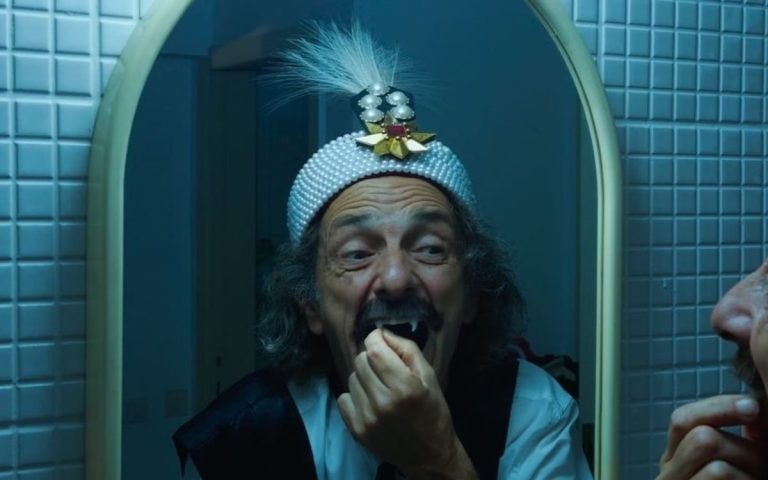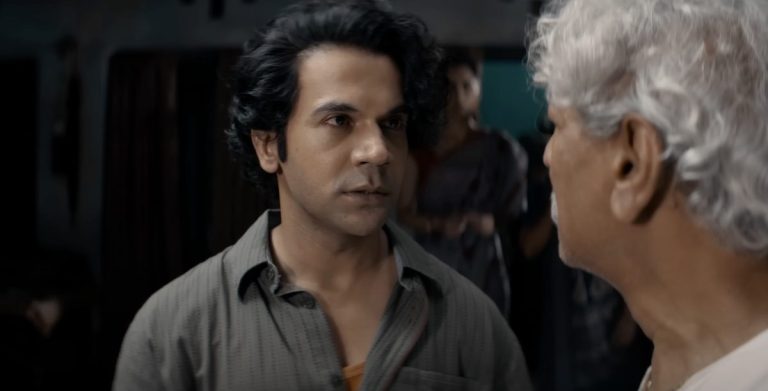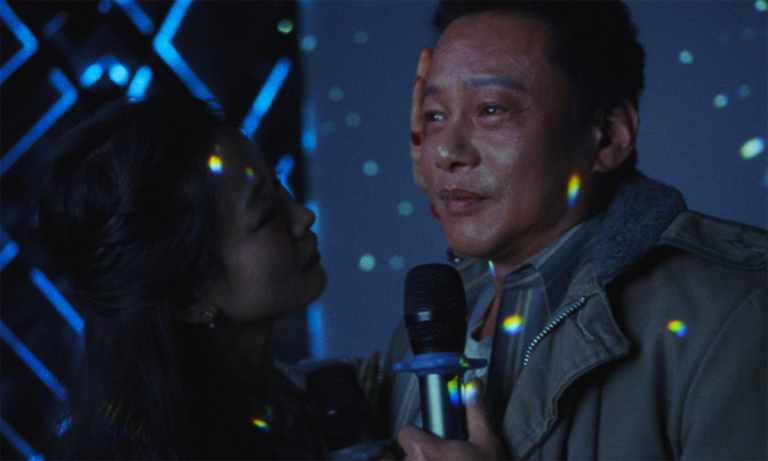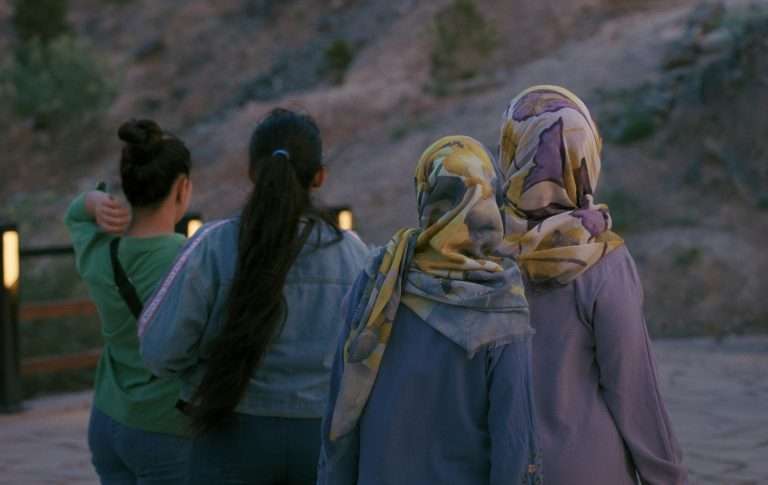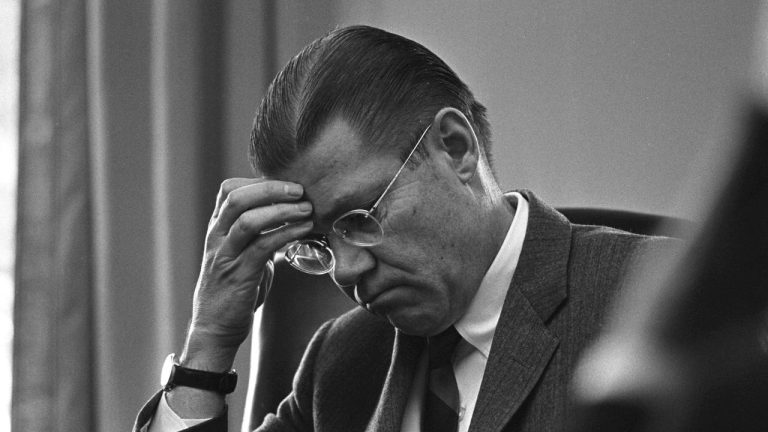It is no secret that the Marvel Cinematic Universe has suffered a decline in quality in the aftermath of “Avengers: Endgame,” the conclusion to the “Infinity Saga” that briefly attained the status of being the highest-grossing film of all time. Although Kevin Feige and the team at Marvel Studios attempted to insert energy into the franchise through the introduction of the “Multiverse,” subsequent installments have included disappointing sequels (“Thor: Love and Thunder”), misguided creative swings (“Eternals”), botched crossover events (“The Marvels”), and many post-credit scenes that have not paid off. This era’s most commercially successful films have included nostalgia-heavy films like “Spider-Man: No Way Home” and “Deadpool & Wolverine,” which coasted on the audience’s goodwill for the established characters.
While saying that “Thunderbolts*” (2025) is a significant step forward for the MCU might seem to be damning with faint praise, it’s admirable how self-aware Jake Schreir’s team-up adventure is. Instead of overwhelming the viewer with endless scenes of exposition, “Thunderbolts*” opts to take a more character-centric focus on a group of outcasts, criminals, and self-admitted “losers” that are hastily assembled to form a new team. In a world where the Avengers no longer exist, the world is in need of heroes who have the power to inspire. In a clever twist, the protagonists of Thunderbolts* all need to be heroes in order to save themselves from feelings of despair, grief, and depression.
Although it’s impressive that “Thunderbolts*” is not completely reliant on preceding films in order to be comprehensible, it is most directly related to “Black Widow,” which introduced Florence Pugh as the Red Room’s assassin Yelena Belova. While Yelena has picked up assignments for the CIA director, Valentina Allegra de Fontaine (Julia Louis-Dreyfus), she suffers a crisis of confidence as she considers the terrible things she did in her former life. Yelena attempts to break the news that she is quitting to her surrogate father, Alexei Shostakov (David Harbour), when she finds herself on a dangerous mission in which she comes to face-to-face with several covert agents; Ava Starr (Hannah John-Kamen) is a vigilante that can phase through objects, John Walker (Wyatt Russell) was fired from his position as the new Captain America, and the enigmatic “Bob” (Lewis Pullman) has been given powers through an illicit experiment.
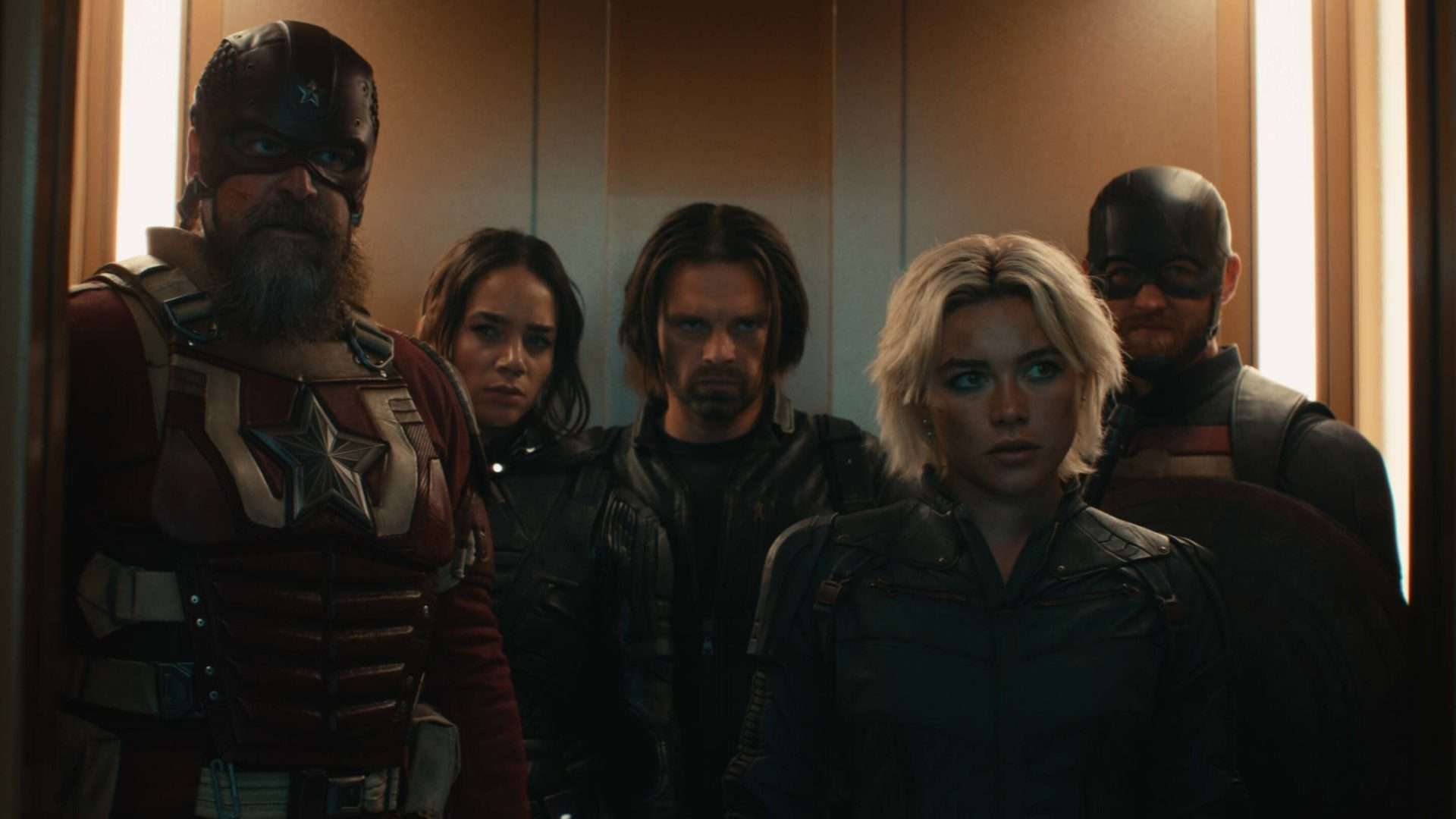
The commonality between these characters is that they have all suffered from comparisons to the more openly heroic characters established in previous films. Yelena is still recovering from the death of Natasha Romanoff (Scarlett Johansson), whom she considered to be a sister. Walker knows that the public hates him for tarnishing the name of the “Star Spangled-Man.” Although there’s enough action to go around in “Thunderbolts,*” the majority of the film is centered around conversations between these unlikely allies. Instead of the typical banter that has become a recurring component within the MCU, the dialogue hints at more meaningful conclusions on coping with nagging thoughts.
Also Read: The Problem With Cinematic Universes
Schreier’s most notable credit prior to “Thunderbolts*” was his work on the Netflix series “Beef,” which examined the ways in which anxiety, resentment, and frustration have both divided and brought people together in the modern world. Given that the characters in “Thunderbolts*” are relatively grounded (even if several possess superpowers), the film is able to turn each of them into vulnerable, empathetic characters. “Thunderbolts*” is smart enough to recognize that there will always be another villain, so to pretend that conquering one will fix the world’s issues would be ridiculous. Instead, these characters are faced with the knowledge that saving people gives them a purpose, as aimlessness is often the most crushing opponent to defeat.
Pugh is by far the standout of the film, as she shows the defiant, spiteful attitude that Yelena has conjured in order to move forward from her traumatic past. Although Pugh comes off as incredibly accomplished in the action sequences, Yelena is also completely mismatched for a world of moral ambiguity. After years spent following the orders given to her by the Red Room, she has understandably developed a resentment of authority. While Harbour is giving a broader, more comedic performance, it is interesting to consider why Alexei has become obsessed with his alter ego as the “Red Guardian.” He doesn’t necessarily desire recognition for his actions, but he does feel that his life is wasted without a community that understands his heroic ambitions.
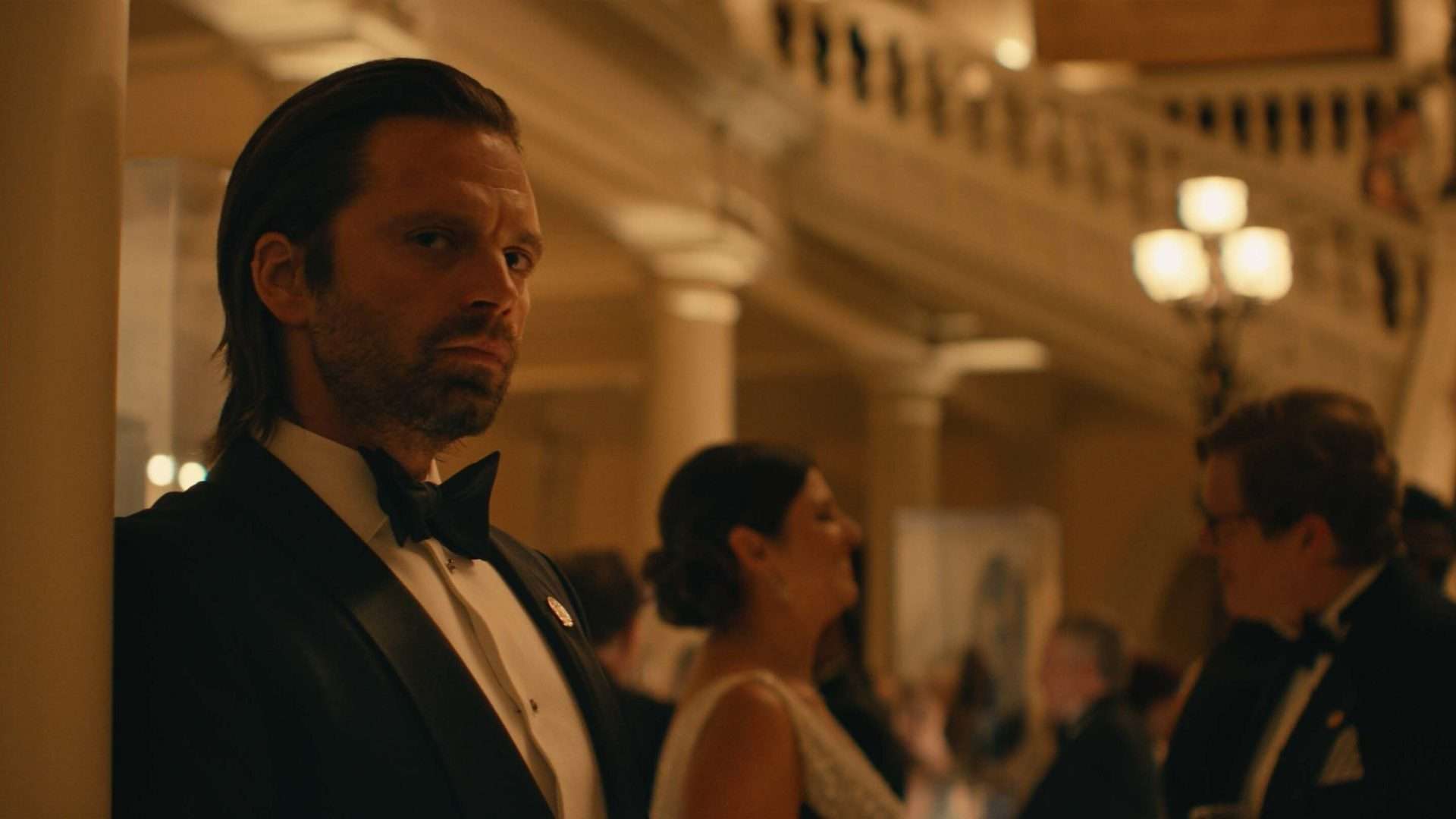
Sebastian Stan, who has steadily become one of the industry’s greatest actors with last year’s “A Different Man” and “The Apprentice,” is predictably great in his returning role as Bucky Barnes, who has dropped the persona of “The Winter Soldier” after being elected to Congress. While the bulk of Bucky’s character development was in the “Captain America” trilogy, it is fascinating to see him transition into being a member of the “old guard,” who is tasked with leading a new group of heroes. While Walker was given an intriguing introduction in the Disney+ series “The Falcon and the Winter Soldier,” Russell is able to transform the character into a more compelling subversion of archetypes in “Thunderbolts*.” Despite seemingly having a perfect life and wealth of privileges, Walker has struggled with the public reaction to his actions, and puts on a confident persona in order to mask his sensitivities.
While John-Kamen is sadly not given much to do, the chemistry between the cast is enough to keep “Thunderbolts*” moving along at a solid pace, even when the narrative goes down familiar paths. It’s terrific to see that “Thunderbolts*” managed to avoid the third-act hiccups that many Marvel films have suffered. While too many installments concluded with a generic CGI battle with a horde of faceless villains, Schreier opted to construct a more creative ending conflict, in which the heroes must outmaneuver a less tangible villain as they develop mutual recognition of each other’s feelings.
“Thunderbolts*” is much more polished than recent MCU entries like “Captain America: Brave New World” and “Ant-Man and the Wasp: Quantumania,” as the film does not feel like the product of multiple reshoots and last-minute edits. Schreir directs the action without haphazard quick-cuts and shaky cinematography, which shows off both the dedication of the actors and the professionalism of the stunt performers. Although the characters themselves may not initially consider themselves to be “superheroes,” “Thunderbolts*” is a boost of energy that the comic book genre desperately needed.



![Cars 3 [2017]: Surprisingly Well-Made & Emotionally Involving](https://79468c92.delivery.rocketcdn.me/wp-content/uploads/2017/11/cars-3-768x384.jpg)
